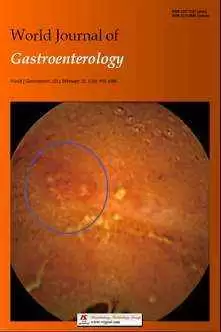Celiac.com 03/12/2014 - Researchers and clinicians consider refractory celiac disease (RCD) to be rare, but they don't actually have solid, reliable information about how common the condition actually is.
 A team of researches recently set out to establish rates of refractory celiac disease, and to identify corresponding risk factors in a Finnish population with high rates of clinically diagnosed celiac disease.
A team of researches recently set out to establish rates of refractory celiac disease, and to identify corresponding risk factors in a Finnish population with high rates of clinically diagnosed celiac disease.
Celiac.com Sponsor (A12):
The research team included T. Ilus, K. Kaukinen, L. J. Virta, H. Huhtala, M. Mäki, K. Kurppa, M. Heikkinen, M. Heikura, E. Hirsi, K. Jantunen, V. Moilanen, C. Nielsen, M. Puhto, H. Pölkki, I. Vihriälä, and P. Collin.
For their study, the team looked at data on 44 treated RCD patients, 12,243 clinically diagnosed celiac disease patients, and a compared results against a control group of 1.7 million adult inhabitants.
Specifically, the team compared clinical characteristics upon celiac disease diagnosis between the RCD patients and patients with uncomplicated disease.
RCD affected 0.31% of diagnosed celiac disease patients, but just 0.002% in the general population.
Of the enrolled 44 RCD patients, 68% showed type I RCD, 23% type II RCD, and 9% remained undetermined.
Compared with the 886 patients with uncomplicated celiac disease, the 44 patients who developed RCD later in life were, when first diagnosed for celiac disease, significantly older (median 56 vs 44 years, P < 0.001), more likely to be male (41% vs. 24%, P = 0.012) and largely seronegative (30% vs. 5%, P < 0.001).
More patients with evolving RCD showed severe symptoms upon celiac disease diagnosis, including weight loss in 36% (vs. 16%, P = 0.001) and diarrhea in 54% (vs. 38%, P = 0.050).
These results show that refractory celiac disease is very rare in the general population.
However, patients who are male, older, who experience severe symptoms or seronegativity when first diagnosed with celiac disease have a higher risk of developing refractory celiac disease. These patients should be closely monitored over time..
Source:
- Open Original Shared Link




.webp.99896af56bb1803946dfc6fde9ea63f3.webp)



Recommended Comments